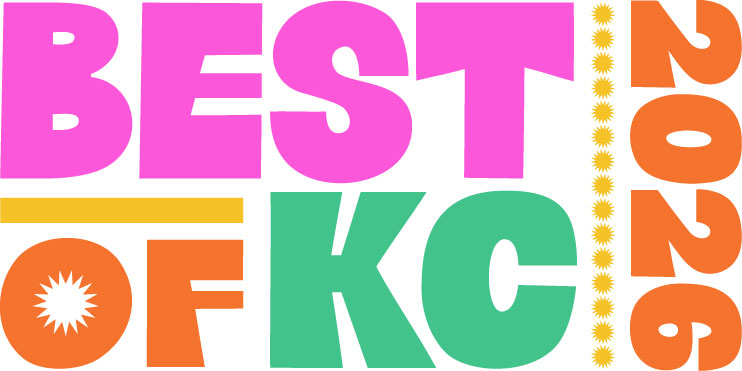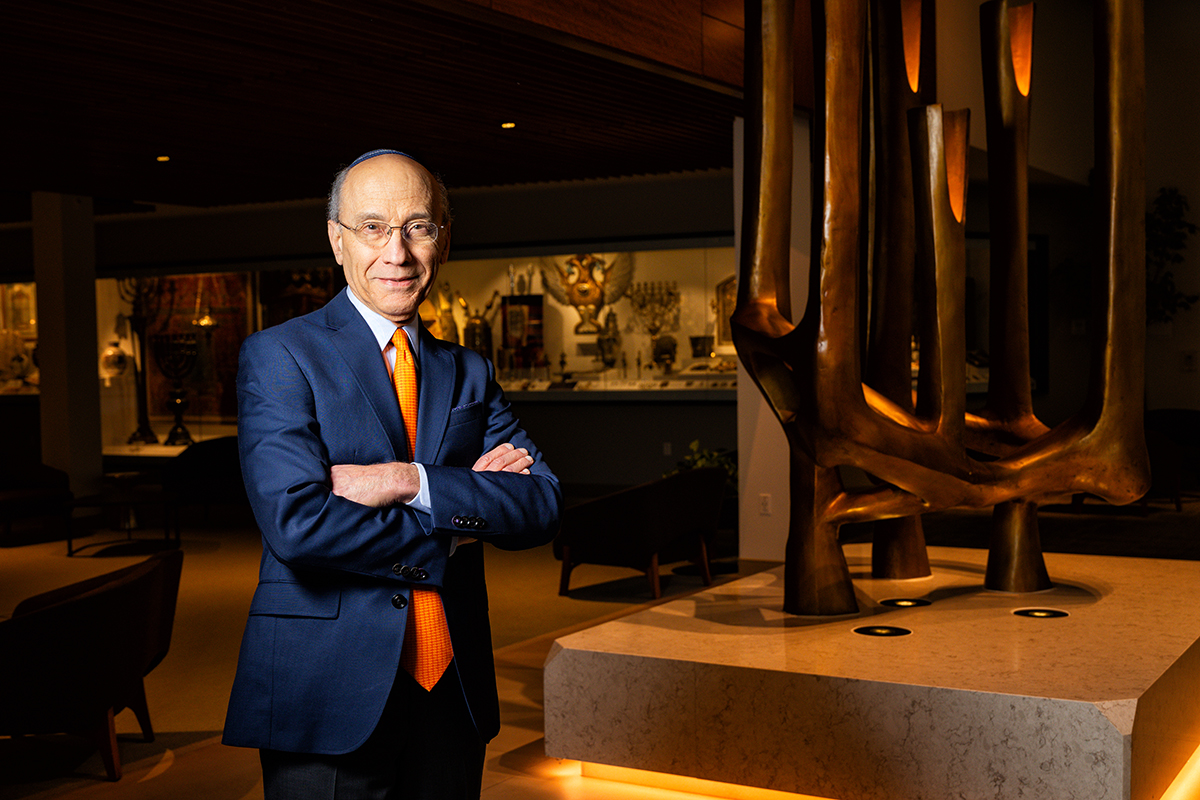Homelessness has always been an issue in Kansas City, whether or not it’s been visible. Earlier this year, a group of unhoused people shook things up by setting up a protest at City Hall. It’s part of a national trend of homeless people demanding attention by setting up organized camps in prominent places—like the grounds of the Colorado state capitol in Denver and Seattle’s Denny Park. In January 2021, a group called the Kansas City Homeless Union began a protest in front of City Hall.
James Shelby, known as Qadhafi, is the leader of the Kansas City Homeless Union. In April, when the city threatened to sweep the camp, the group responded by issuing a list of four demands: homes, jobs, water and a seat at the table as officials work on the issue.
“They keep us separated and divided,” Shelby says. “Everyone says that they are building for homeless people, but there have never been homeless people speaking for themselves—until now.”
By setting up in front of City Hall, it was impossible for political figures to ignore the group, says Shelby, who became homeless following his release from prison after twenty-two years.
“I became known as the homeless guy that couldn’t get a say because of my prior imprisonment,” Shelby says. “My main goal has been to figure out how to deal with homeless people living on the street… I came up with the homeless [union] so that we can speak for ourselves instead of other people profiting from us.”

Shelby and his group say the current system is an “industry” that doesn’t help the homeless population.
“The homeless problem, from my point of view, is manufactured; it’s not an accident,” Shelby says. “They need to keep the homeless homeless so that they can keep this multi-million-dollar industry alive. All they do is put money into homeless shelters, which do not help homeless people. [Shelters] hinder homeless people. We don’t need shelters. We need homes.”
In response, Mayor Quinton Lucas spent hours meeting with the group, later announcing a detailed plan that includes providing hotel rooms for people in the camps, giving vacant and land bank homes to homeless people and including people experiencing homelessness with work on city contracts, such as mowing. The city is also looking at the feasibility of permanent camp locations with social services.
Proud Kansas City has kept up its commitment to those experiencing homelessness, having helped 200+ people move from the streets and camps to hotel/motel rooms in the past two days where we’re providing healthcare services and transitions to more permanent sustainable support. pic.twitter.com/pC2bGqaNwm
— Mayor Q (@QuintonLucasKC) April 9, 2021
“While our work is far from done, these are important steps that will create safe short- and long-term housing solutions for those currently on City Hall grounds and beyond,” Mayor Lucas said in a press release. “We will continue working to provide wrap-around services, including replacement IDs and birth certificates, job training, mental health counseling and more.”
Estimates show there are about eighteen hundred unhoused people in Kansas City and eight thousand in the state. In a normal year, Kansas City provides a grant of around $1.5 million paid out to homeless organizations around the city. Shelby would like to see that change.
“They’re paying people to keep us homeless,” Shelby says. “Shelters are staying in business because we are homeless.”
For now, the KC Homeless Union is happy with the plans for progress.
“The city heard us and responded, and we’re grateful for that,” Shelby said at a press conference. “That’s not the end. That’s a first step of the beginning of resolving the issue.”




